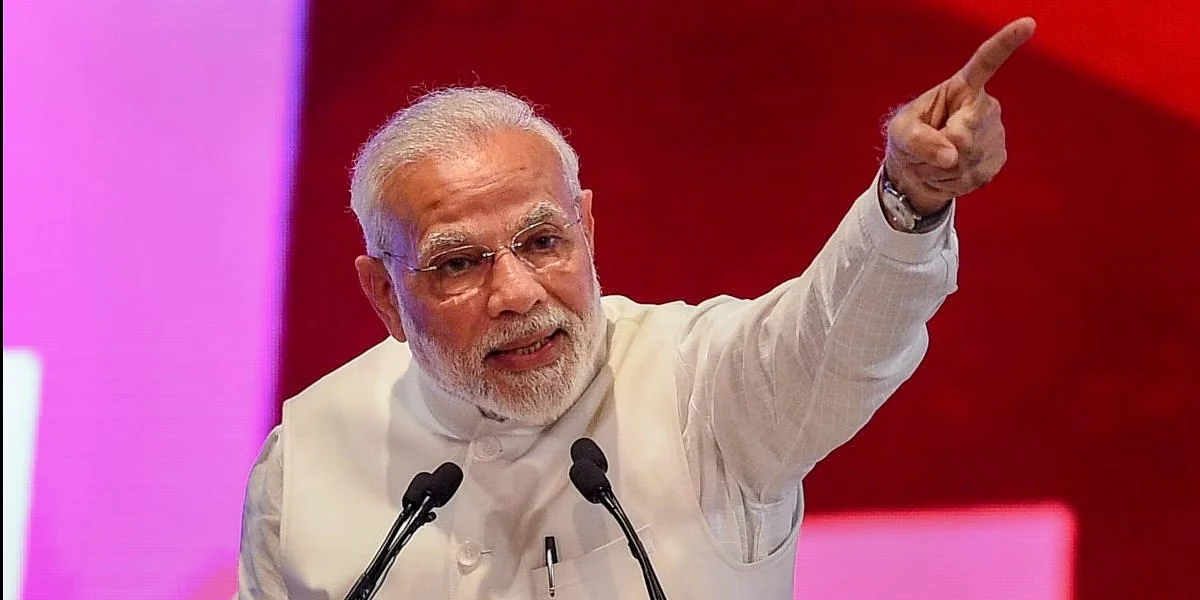As ruling party BJP well known for their controversial politics, Prime Minister once again renewed his hate speech against Indian Muslims in the recent Lok Sabha Election Campaign to polarize the vote bank, just like they inaugurated Ram Mandir just before India National Election 2024.
In what is perceived as a divisive move, Modi has been accused of labeling Muslims as “infiltrators” during a campaign speech, a term that many see as derogatory and inflammatory. The comments have been widely condemned, with critics arguing that they contribute to the marginalization of India’s Muslim minority and fuel Islamophobia.
According to reports by Al Jazeera, Modi’s rhetoric echoes the sentiments of his party’s Hindu nationalist agenda, which has been criticized for its discriminatory approach towards minority communities. The language used by the Prime Minister has raised concerns about the impact of such rhetoric on India’s secular fabric and communal harmony.
The Quint provided an insightful analysis, drawing parallels between Modi’s speech and historical events, highlighting the dangers of politicians invoking divisive narratives for political gains. The article underscores the need for leaders to uphold principles of inclusivity and tolerance, rather than resorting to polarizing rhetoric.
Adding weight to the condemnation, a group of 93 former civil servants has endorsed a letter demanding action from the Election Commission against Modi for his alleged hate speech. They argue that such language violates the Model Code of Conduct and undermines the democratic ethos of India.
Furthermore, 2,200 citizens have also raised their voices, urging the Election Commission to take action against Modi. Their concern is rooted in the potential for his words to incite violence and deepen communal divides, especially during a sensitive period like elections.
The recent controversy surrounding Prime Minister Narendra Modi’s alleged anti-Muslim hate speech has reignited debates about the role of political leaders in fostering communal harmony. As India grapples with its election season, it is imperative for leaders to promote unity and inclusivity rather than resorting to divisive rhetoric that could further polarize society.

Leave a Reply